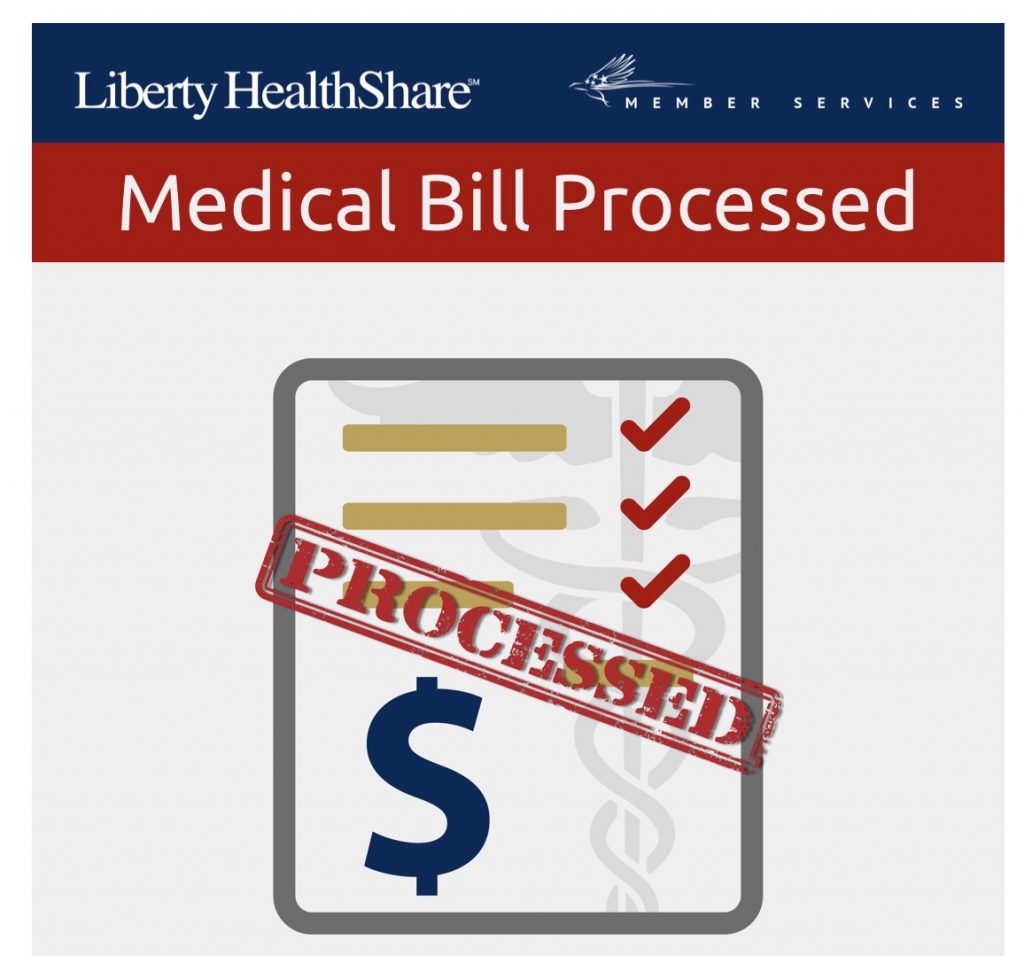Health insurance. It’s a necessary evil if you live in the US, a significant cost and occasional deterrent for those who want to leave the rat race and FIRE. Investigating average premiums across this country, there are so many variables that go into pricing that it’s not really even meaningful to report. Investopedia reports that the average annual premium for a family of four in 2019 was upwards of $20,000.
Most people employed via W2 with a benefits package have no idea how much their healthcare really costs. According to the above-referenced article, employers often subsidize 71% of premiums. While Trent’s been self-employed for about 15 years, Dawn remembers having monthly premiums around $40 as an engineer, medical student, and resident.
Once Dawn finished her training, we utilized the (albeit very good quality) insurance plan at Dawn’s hospital. As her group didn’t subsidize any of the premiums, our costs were quite high – about $1300/month. But there were reasons to stay within the system. Dawn had been dealing with some significant health problems that started during her residency training, we did IVF, and also had a child within the same hospital system… switching to the ACA open market options in the area would mean a complete change in systems and providers. The savings by switching over, which was only a couple hundred dollars at the time, didn’t seem worth all the hassle, and we were maximizing use of our FSA.
But once Dawn’s health issues stabilized and our family grew from two to three (which increased those premiums even more), it seemed like time to re-evaluate. We heard about Liberty Healthshare on the ChooseFI podcast and decided to try it.
We’ll admit, we were a little scared about switching over from the familiar, “cover everything” type of insurance we were used to, but now two years into our membership, we’re here to tell you our experience.
How it works
Liberty Healthshare is not “insurance”, but there are some similarities. You pay a monthly Share Amount, which is analagous to a monthly premium, only the payment goes into a pool that is distributed as needed to other people in the healthshare when they incur medical expenses. There is a certain amount each year that you are responsible for paying out of pocket before the sharing kicks in (kind of like a deductible). When you have to get a procedure or something that has a higher cost than a typical clinic visit, you call ahead to obtain a “case number”, similar to a preauthorization. For more details, check out their FAQ page.
Becoming a member involves a simple application. There is theoretically no pre-existing medical condition that precludes you from acceptance, but bear in mind that the healthshare does not cover long-term prescription medictations. Also, pre-existing conditions have a one year waiting period before they are eligible for sharing. So, depending on your medical history, it simply might not make sense to be in a healthshare.
In completing the application for Liberty, you agree that you follow certain Christian principles as part of your lifestyle, like not abusing alcohol or drugs. There is no place in the application that asks you to list the name of your church or anything that specific.

The Benefits
Do you have any idea how much your clinic visits actually cost? How about that ultrasound you had to do, or that colonoscopy? Anyone who joins a healthshare ends up being much more medically cost-conscious, which is a good thing. Likely, you’ll pay less money for certain services just by negotiating an out of pocket cost upfront. (Liberty will negotiate for you, but we’ve found that the easiest thing to do is to self-pay and then submit for reimbursement.)
For example, Dawn has to get surveillance MRIs of her brain every few years. Most recently, she called to price the test at the hospital where she works: $2553 including the 30% self-pay discount. She then called another local hospital: $2785 before an undetermined self-pay discount decided on the date of service (approximately 50-60%). The price at a freestanding imaging center in town: $675.
If you become a member of a healthshare, you’ll realize the arbitrary nature of pricing in medicine and how much it depends on contracts with insurance companies. “Shopping around” a little bit for services like Xrays and MRIs can translate to huge cost savings. And if you’re saving, choosing effective but lower cost options, and helping to skew systemic costs in the marketplace, everyone is saving.
Also, with Liberty Healthshare, you’re able to go to any practitioner you desire, which is typically not the case for most insurance programs. There is usually a high cost differential for seeing an “in network” vs. “out of network” provider. The whole network idea goes away with a healthshare. So if there’s a well known specialist you’d like to see, you don’t have to worry about a huge billing surprise.
The idea of being responsible for your own health and preventing chronic disease (or suffer economic consequences) is arguably a benefit of having a healthshare. Clean and healthy living is rewarded, whereas getting diagnosed with something like hypertension or diabetes will mean that you have to pay for your own prescriptions to manage the disease. However, Liberty offers a coaching program called HealthTrac (that requires an extra montlhly fee) to help people reverse these ailments through diet and lifestyle. We can’t comment on the quality of the program, but we feel this is a great idea for keeping systemic healthcare costs down and empowering people to be healthy!
Above all, we like the freedom we get with the healthshare. We’re free from the dependence on employer-subsidized healthcare benefits, free from the arbitrary nature of insurance coverage, free from requirements of who we must see as a provider or even what location we must get any sort of treatment. For us, it’s a low-cost hybrid between catastrophic or self-insurance and traditional coverage.

The Downsides
Granted, we’ve yet to need to use Liberty for reimbursement of a major medical expense. We’ve used it for our yearly preventative screenings (which are reimbursed outside the Annual Unshared Amount to promote healthcare maintenance), and when Aspen had an infection, we filed the visit and treatment prescription. There are stories on the internet of people successfully being paid for huge bills related to medical emergencies, but we can’t comment first hand (thankfully).
The one experience we have had is incredibly slow reimbursement times. If you’re not FI or don’t have extra emergency funds (which we’d argue you should have anyways), paying for a medical bill and then waiting for Liberty to reimburse you could be quite painful. For colonoscopies last year, we waited 4-5 months for reimbursement! I did call to speed the process along, and it turns out we had submitted incomplete documentation. No one alerted us to this until I called to inquire. From what we’ve read in online complaints, other people have had this same problem of such slow response.
Healthshares are not eligible for the widely beneficial HSA, either. We adjust by trying to maximize our other tax-advantaged accounts instead.
As a new alternative, healthshares are experiencing some growing pains… and Liberty is no exception. An upgrade of their online account platform really threw their organization into a backlog in 2019, but they’ve announced new leadership and promised improvements in the customer service department. Just like everything, you have to take responsibility for what you submit and make sure processing is moving along like it should.
For an even more detailed review of Liberty Healthshare, check out Milennial Money Man’s 2020 review.
What do you think? Are you a healthshare member? Would you ever consider becoming one? Leave a comment below.

 The Opportunity to Homeschool
The Opportunity to Homeschool
I’ve seen many reviews of sharing services, and like yours they don’t have experience with a catastrophic illness or injury. The main reason to have insurance is for things you can’t self insure for. How a plan functions for routine medical care doesn’t matter much because those costs are easily affordable with no coverage. The problem is you don’t know if you have reliable coverage for a two million dollar problem. And that’s the reason I have conventional insurance. Sharing is cheaper, but it has no certainty of doing the one thing I need it for. The $1,309 monthly cost (for my wife and me) is a huge bargain in my opinion. To me being “probably” covered vs being contractually covered is a deal breaker.
Thanks for your comment! Peace of mind is important and is the essence of insuring. We discussed your point when making our change to the healthshare and decided that the “contractual agreement” between you and the insurance company isn’t truly guaranteed either. The insurance company could go bankrupt, deny your claim, etc.
That’s a fair point, there is risk both ways.
We had to bail on Liberty after some reaaaally late reimbursements where we got sent to collections. Mr Money Mustache just wrote about the health share he joined (Sedera). https://www.mrmoneymustache.com/2020/11/09/direct-primary-care. We’re probably going to sign up.
Yeah, Liberty takes like 5-6 months to reimburse in our experience. We definitely don’t have Liberty reimburse the provider directly; we always pay ourselves first and have them reimburse us. But you have to be able to float that financially. We’ll have to look into MMM’s system. Thanks for your commen and sorry for the late reply!
We got coverage 5 years ago, 2016, and my first hospital visit as an adult, it paid a $36,000 quickly. We told everyone! Now 4 years later, we are almost a year into a small reimbursement of $700 being told it may take longer. Everyone that got tLSH on our recommendation are asking me if LHS is bankrupt or closed because they also are almost a year into reimbursements and you are on hold for 20 minutes to speak to anyone. Also, our monthly contribution for 2 went form $225 to $500.
Hi Rose, thanks for your comment. We’re just seeing this now, sorry for the delay! Yes, we’ve also seen small reimbursements increase in their time paid back from 4-6 mo to about a year! We worry about LHS solvency given their recent change of leadership, and now they are increasing all their monthly sharing amounts. We have until next spring to decide before our amount increases, but we’re definitely looking at different options.